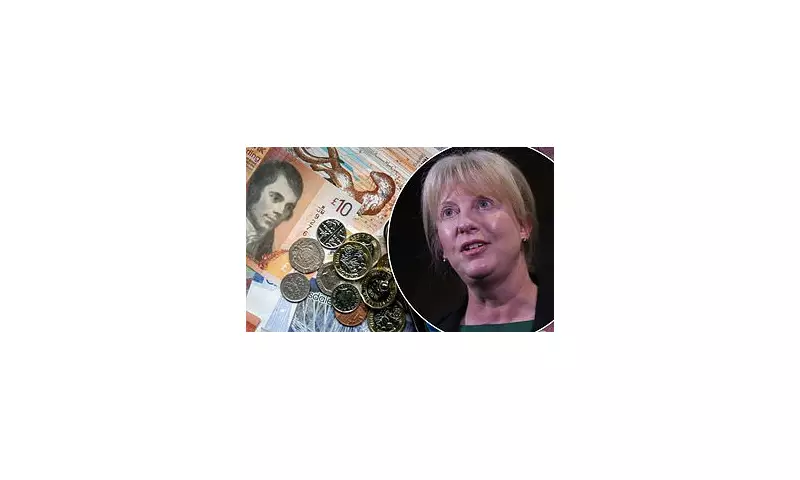
Double Tax Blow Looms for Scottish Households
Scottish families are confronting the prospect of a double tax hit after SNP ministers declined to rule out mirroring Chancellor Rachel Reeves' controversial threshold freeze strategy. The potential move could see hundreds of thousands of Scots dragged into higher tax brackets without any formal rate increases.
While Reeves' decisions on income tax thresholds and property tax increases apply directly only to England, SNP Finance Secretary Shona Robison has left the door open for similar measures in Scotland when she unveils the Scottish Budget in January.
What the Chancellor Announced
Chancellor Rachel Reeves has frozen income tax thresholds across England until 2031, a policy critics have labelled a 'stealth tax' because inflation and wage growth will push more earners into higher tax brackets over time. Additionally, she increased property tax rates by two percentage points south of the border.
The Office for Budget Responsibility estimates that extending the threshold freeze will raise £7.6 billion in 2029/30 through this mechanism alone.
Scottish Conservative Opposition
Scottish Conservative finance spokesman Craig Hoy expressed serious concerns about the potential double impact on Scottish taxpayers. "Hard-pressed Scots will be deeply alarmed at the prospect of a double whammy of tax rises from the SNP and Labour governments," he stated.
"The last thing our sluggish economy needs is families being clobbered with even higher tax bills and Shona Robison following in the footsteps of Rachel Reeves. Workers and businesses deserve a break instead of two high-tax governments naively thinking they can tax their way to economic growth."
Current Scottish Tax Landscape
Scotland already operates a more complex income tax system with multiple bands:
- 19% starter rate on income between £12,571 and £15,397
- 20% basic rate up to £27,491
- 21% intermediate rate up to £43,662
- 42% higher rate up to £75,000
- 45% advanced rate up to £125,140
- 48% top rate above £125,140
Everyone earning above £30,300 currently pays more income tax in Scotland than their counterparts in England, with the gap widening significantly at higher income levels. For example, someone earning £50,000 pays £1,528 more, while a £130,000 earner faces a £5,363 additional tax burden.
SNP's Position and Future Decisions
When questioned about whether she would implement a similar across-the-board threshold freeze, Ms Robison remained non-committal. "I am not going to set out the tax position here today," she stated, adding that full details would be revealed in the Scottish Budget on January 13.
The Scottish Government had previously indicated in its tax strategy published last December that its "intention" was not to introduce new bands or increase rates for the remainder of the current parliament, which runs until next year's Holyrood election.
Additional Funding and Business Concerns
Yesterday's Budget measures will provide an additional £510 million of resource funding and £310 million of capital funding for the Scottish Government over four years through the Barnett Formula. However, the Fraser of Allander Institute described these uplifts as "relatively small" and noted that "there is no detail yet as to how these break down year by year."
Business leaders have voiced strong opposition to the tax approach. Care home entrepreneur Robert Kilgour, chief executive of Dow Investments, commented: "You cannot tax your way to growth. Rachel 'Job Destroyer' Reeves is pushing us into a 'why bother' doom loop economy where it is public sector good, private sector bad."
The coming months will be crucial for Scottish taxpayers as they await the SNP's final decision on whether to follow Westminster's lead or chart a different course for Scotland's tax future.





